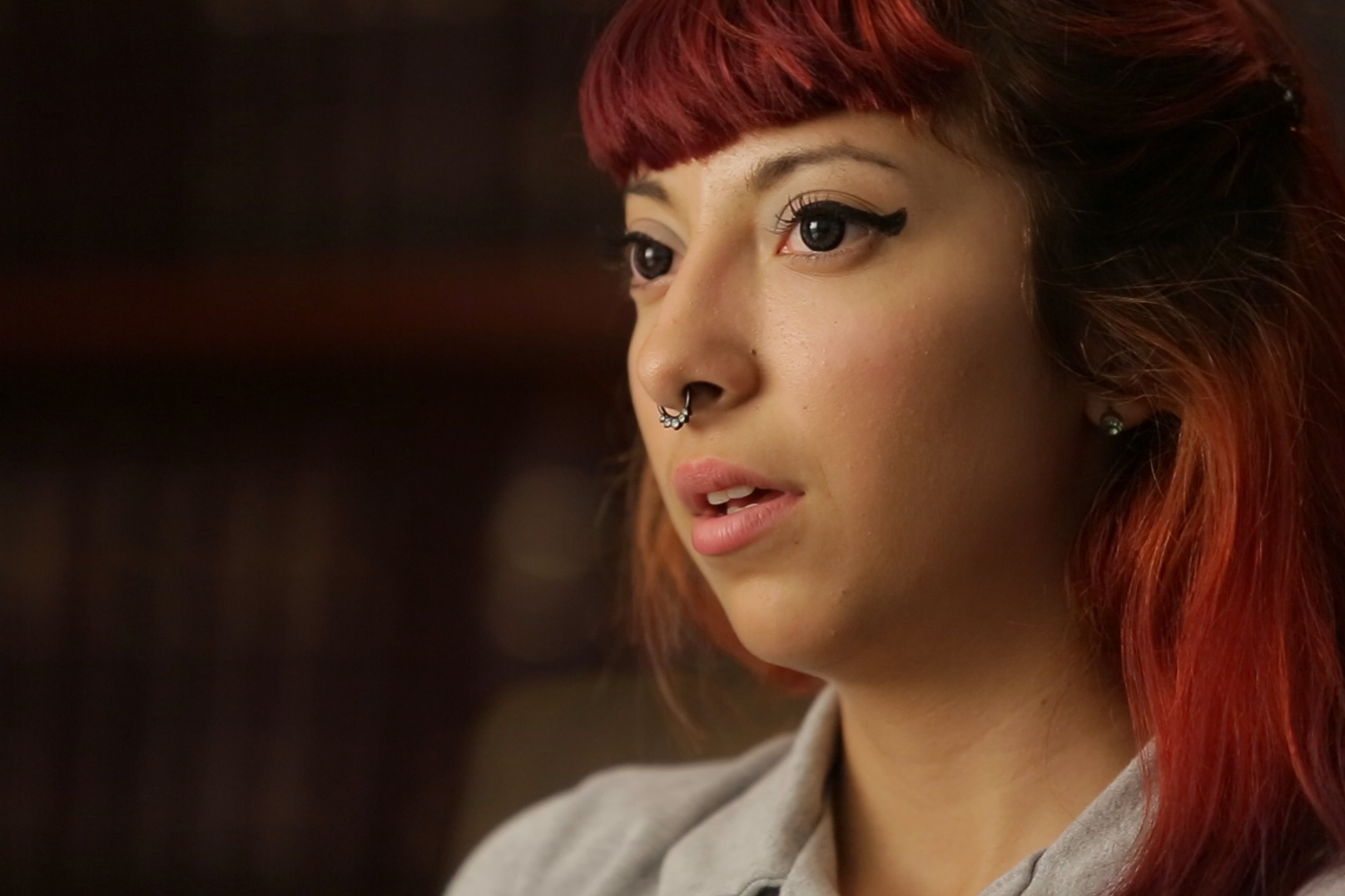
Coutesy of Public Counsel
Students who experience traumatic events while growing up in poor, turbulent neighborhoods could be considered disabled, a federal judge has ruled in a high-profile case involving the Compton, Calif., schools.
The ruling from U.S. District Judge Michael W. Fitzgerald, released on Wednesday, involves a class-action lawsuit filed against the Compton Unified School District. The plaintiffs argued that students who have experienced trauma are entitled to the same services and protections that schools must provide to traditionally disabled students.
The ruling wasn’t a complete win for the plaintiffs and the pro bono firm representing them, Public Counsel. Fitzgerald denied, for now, their request for class-action status because, he said, they hadn’t clearly established what’s known as numerosity.
The plaintiffs estimate that roughly 25 percent of the 22,000 students who attend CUSD have experienced at least two or more “severe traumas.” But the judge wrote that exposure to trauma does not guarantee that a child (1) will suffer “from cognizable trauma-induced disabilities for purposes of the proposed class definition, and (2) have been denied meaningful access to their education.”
It’s an important distinction Fitzgerald is making here. He’s not questioning whether exposure to traumatic events can disable a student. He’s saying that exposure to traumatic events does not guarantee disability. And that raises the bar for the plaintiffs as they try to define the size of their aggrieved class.
The court also refused a request to force Compton’s schools to provide additional, mandatory trauma training for staff. The district currently provides some training, but the plaintiffs argued that the program is insufficient.
Legally, this kind of request is an uphill fight. What’s known as a mandatory injunction — ordering someone to start doing something rather than to stop doing it — comes with a much higher standard, one the judge ruled the plaintiffs did not meet.
What happens next depends on both sides and whether this week’s ruling has encouraged any movement to the middle. A settlement between the plaintiffs and Compton Unified is still possible. If not, the lawsuit will move forward.
9(MDEwMjQ0ODM1MDEzNDk4MTEzNjU3NTRhYg004))
